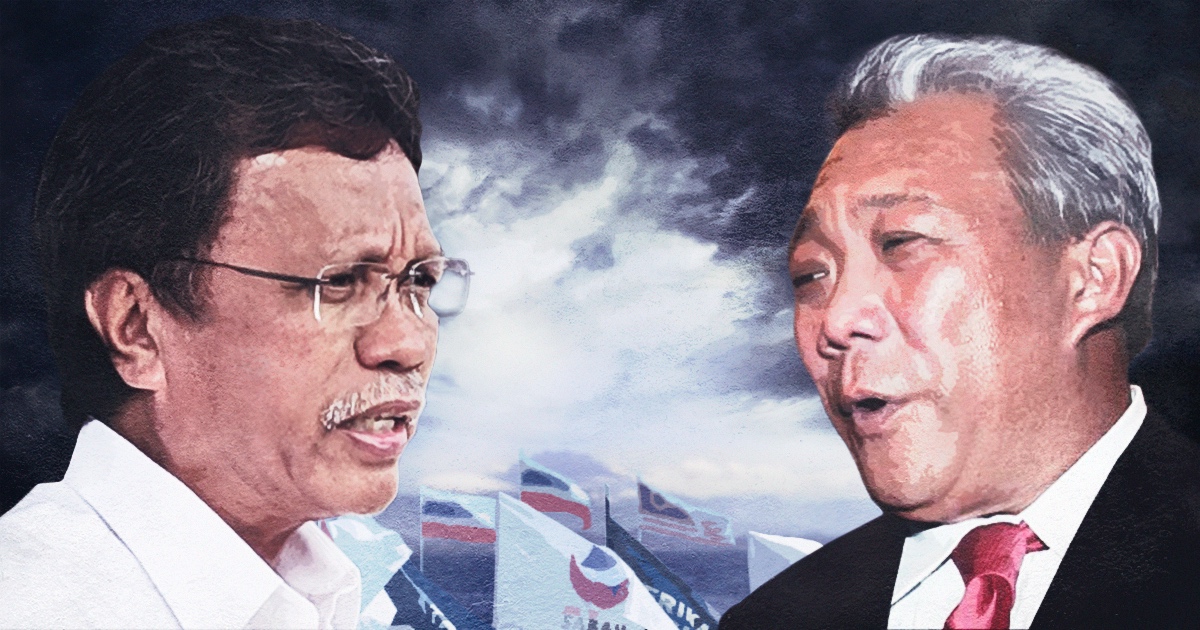KiniGuide
Sabah Decides 2020
On July 29, 2020, Umno's Musa Aman was on the cusp of a comeback as chief minister.
He engineered enough defections to bring down the Warisan Plus state ruling coalition comprising Warisan, Pakatan Harapan and Upko.
A day later, Warisan's Sabah Chief Minister Shafie Apdal foiled his plan by securing a dissolution of the state assembly, paving way for a snap election.
Nomination day is on September 12 and polling day is on September 26.
Now, the battle for Sabah begins and the political generals make their moves...
The Deciders
1.12 million Sabahans are eligible to vote in this state election. Sabah is a diverse state with around 42 ethnic groups.
Politically, the main ethnic groups are categorised along the lines of Muslim bumiputera and non-Muslim bumiputera.
The Muslim bumiputera include the Bajau, Bugis, Suluk and Bruneian Malay while the non-Muslim bumiputera include the Kadazan, Dusun and Murut.
In reality, cultural lines are sometimes blurred for a diverse state such as Sabah and race do not strictly correlate with religion.
The Muslim bumiputera are primarily concentrated along the coastal regions while the non-Muslims bumiputera are mostly in the central regions, including vast interiors.
The Chinese are mostly found in three cities - Kota Kinabalu, Sandakan and Tawau. The surrounding suburbs tend to be mixed races.
The Battles
Multiple coalitions are contesting in the Sabah election but most of them are aligned into two opposing forces. They are the Warisan Plus alliance versus the BN-PN-PBS alliance, which recently began calling themselves the Gabungan Rakyat Sabah.
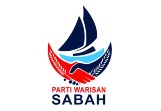
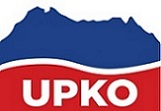
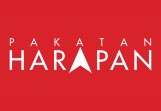
Warisan Plus, comprising Warisan, Upko and Pakatan Harapan (PKR, DAP and Amanah) is the incumbent. DAP and Amanah are contesting under Warisan's logo while PKR and Upko are using their own logos.
Despite initial disagreements, they managed to agree on a common candidate in all 73 state seats that are up for grabs.
Their rival are a collection of parties within the PN-led federal government. In Sabah, the PN parties are contesting as three different groups with their own logos - namely PN, BN and PBS.


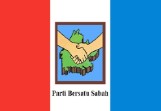
In Sabah, PN comprises Bersatu, STAR and SAPP. They co-opted SAPP, a former BN party, even though it is not part of the PN-led federal government. Umno and traditional allies MCA and PBRS are contesting under the BN logo. PBS is going solo.
Unable to get all the parties to contest under PN, Prime Minister Muhyiddin Yassin decided to give the three groups a common name - Gabungan Rakyat Sabah.
He also tried to broker a deal between the three groups to put up a united front against Warisan Plus. However, Gabungan Rakyat Sabah will still clash among themselves in 17 out of the 73 seats being contested.
There are also several minor parties contesting in the election that are not aligned to a major alliance. They include PCS, USNO, LDP, Gagasan, PPRS, PHRS, Anak Negeri, PKS and independent candidates.
They will fight it out in three different regions...
Coastal Clash
For decades, the Muslim-majority coastal areas have been Umno's stronghold.
But in GE14, Warisan broke Umno's dominance and made substantial gains. Umno is prepared for a rematch with Warisan but had to tussle with its splinter party Bersatu which laid claim to many of its traditional seats.
However, Umno and Bersatu managed to work out a compromise to share seats, avoiding any clash between the two parties even though their BN and PN allies were unable to do so.
Historically, winning the coastal region is a prerequisite to winning Sabah, making this the most significant battleground.
Central Contest
In GE14, BN dominated the largely non-Muslim bumiputera central region through PBS and Upko.
However, both have quit BN. Upko is now aligned to Warisan while PBS is going solo but is still cooperating with PN and BN.
This sets the table for the former allies to clash with Upko representing Warisan's alliance and PBS representing the Gabungan Rakyat Sabah in the central region.
STAR under PN and PBRS under BN have also carved their own niche areas in the central region but are upset that PBS decided to contest in many of their seats, leading to clashes between allies.
Urban Fight
Warisan will rely on the DAP to maintain control of constituencies in the cities of Kota Kinabalu, Sandakan and Tawau, which has the most Chinese voters.
In GE14, DAP comfortably fended off challenges from MCA, SAPP, LDP and Gerakan.
DAP's Harapan partners PKR has found some success in a handful of mixed constituencies near Kota Kinabalu while Amanah is still relatively new in Sabah.
Sabah to Putrajaya
The outcome of the Sabah election will shape the future of national politics.
It is defining the relationships between Bersatu and Umno, PN and BN as well as Warisan and Harapan.
Based on the outcome of the election, the parties will reinforce or rethink their relationships for GE15, amid speculations that Prime Minister Muhyiddin Yassin may also call for snap elections soon.
For Shafie Apdal, success could bolster calls for him to become the federal opposition's prime ministerial candidate.
They will first have to prove themselves in Sabah, which has 73 state seats up for grabs instead of the previous 60.
The new Sabah electoral borders were done in 2016 but only gazetted in 2019.
The 13 new seats were mostly carved out of BN constituencies to benefit the coalition but with the drastic realignment of politics since GE14, they could go either way.
